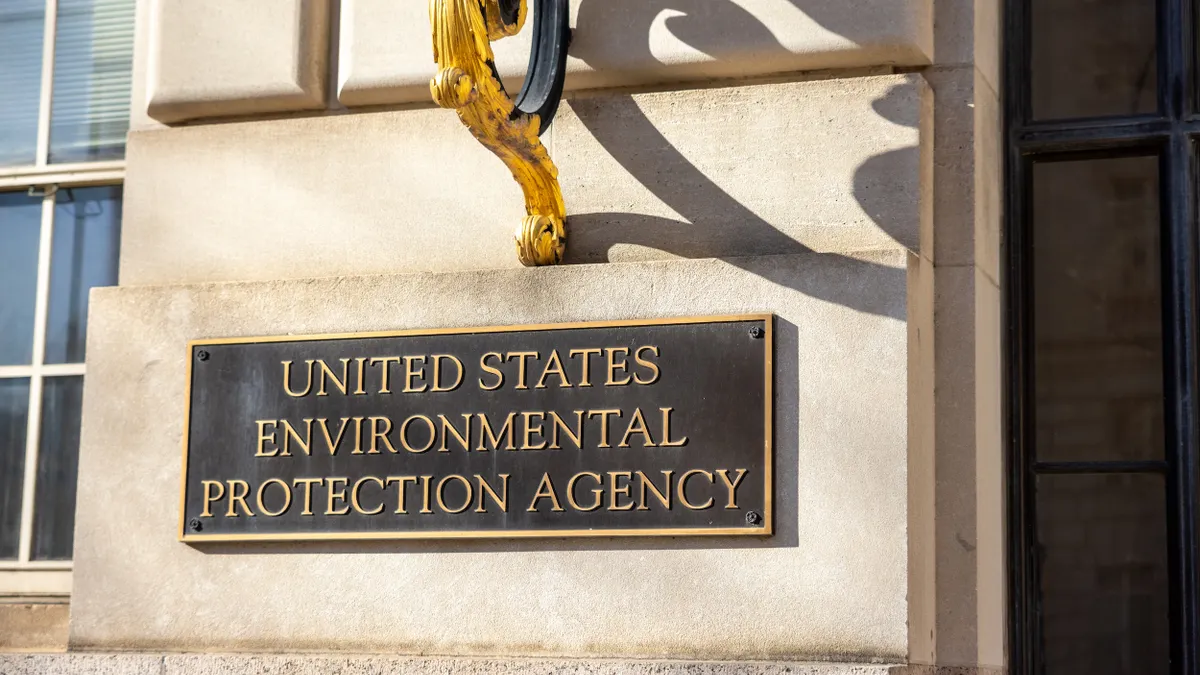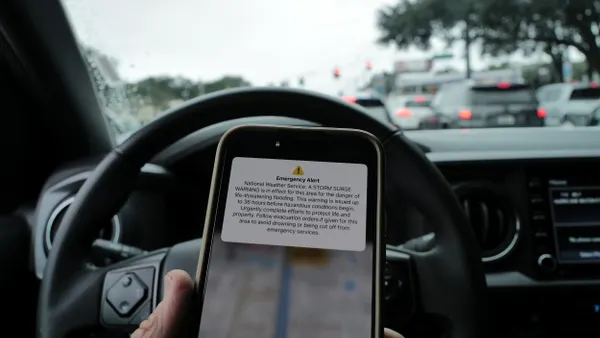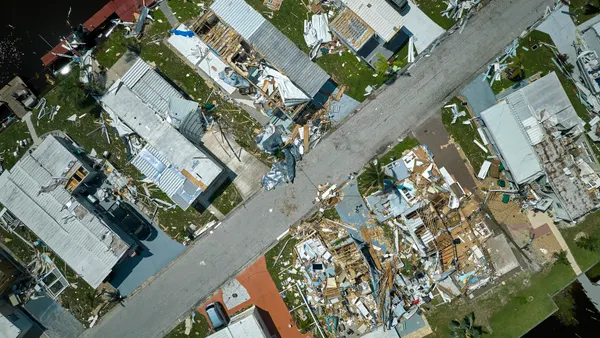UPDATE: Sept. 3, 2025: A District Court judge on Friday dismissed the lawsuit against the Trump administration brought by a coalition of local governments, tribes and nonprofits for terminating the Environmental Protection Agency’s Environmental and Climate Justice grant programs.
U.S. District Judge Richard Leon said he does not have jurisdiction over the plaintiffs’ claims and their “requested injunctive relief is incompatible with the Government’s sovereign immunity.”
The $3 billion grant program created by the Inflation Reduction Act funded air quality monitoring, community pollution notification systems, tree planting in urban heat zones, lead pipe replacement in community drinking water systems, resilience projects and more, according to Earthjustice.
Hana Vizcarra, senior attorney at Earthjustice, said in a statement that the legal team that filed the suit is considering next steps. “We will continue to fight for communities across the country that relied on this EPA program to reduce pollution, increase climate resilience and build capacity to tackle environmental harms,” she said.
An EPA spokesperson said in an email that the agency is reviewing the judge’s order.
Dive Brief:
-
A coalition of local governments, nonprofits and tribes sued the Trump administration on June 25 for terminating the Environmental Protection Agency’s Environmental and Climate Justice Grant programs.
-
Allegheny County, Pennsylvania; Kalamazoo County, Michigan; Martin Luther King Jr. County, Washington; San Francisco; Sacramento, California; and Springfield, Massachusetts; are among the plaintiffs seeking class action certification and preliminary relief on behalf of 350 grant recipients who have lost funding for climate disaster preparedness, air quality monitoring, mitigating storm water and flood damage and urban tree planting, among other initiatives.
-
Attorneys general from 20 states filed an amicus brief supporting the lawsuit on July 7, stating that “illegal termination of grants funded through this program deprives the country’s most vulnerable communities of funding necessary to achieve a healthy environment.”
Dive Insight:
The Environmental and Climate Justice Program was created by the Inflation Reduction Act, under the Clean Air Act, to award $3 billion in congressionally appropriated funding for environmental and climate justice activities.
On January 20, President Donald Trump issued an executive order directing federal agencies to stop disbursing all funds under the Inflation Reduction Act and terminating all “equity-related” grants and contracts.
In March, EPA disbanded offices focused on environmental justice and diversity, equity and inclusion programs, including the Environmental and Climate Justice Program. EPA Administrator Lee Zeldin said in a statement that the term environmental justice “has been used primarily as an excuse to fund left-wing activists instead of actually spending those dollars to directly remediate environmental issues for those communities.”
EPA terminated the grants administered through the Climate Justice Block Grant program in total, “without distinguishing among grant recipients or activities,” according to the lawsuit.
“Terminating these grant programs caused widespread harm and disruption to on-the-ground projects that reduce pollution, increase community climate resilience and build community capacity to tackle environmental harms,” Hana Vizcarra, senior attorney at nonprofit environmental law organization Earthjustice, said in a statement.
Communities across the country “are now unable to address environmental harms through these community-driven environmental, climate, and public health projects,” the plaintiffs claim.
Losing grant funding has impacted communities nationwide, according to an Earthjustice press release. In Sacramento, losing the grant funding means the city is unable to move forward with a plan to plant trees in historically under-resourced neighborhoods. King County, Washington, had to halt a program partnering with community organizations to monitor impacts on indoor air quality and public health of people living in areas disproportionately affected by climate change. The Parks Alliance of Louisville, Kentucky, had to scale back plans to expand access to green space in an area impacted by the urban heat island effect.
“Unlawfully ending this program threatens the ability of local governments to protect their people and the environment,” said Jon Miller, chief program officer for the Public Rights Project, in a statement.














